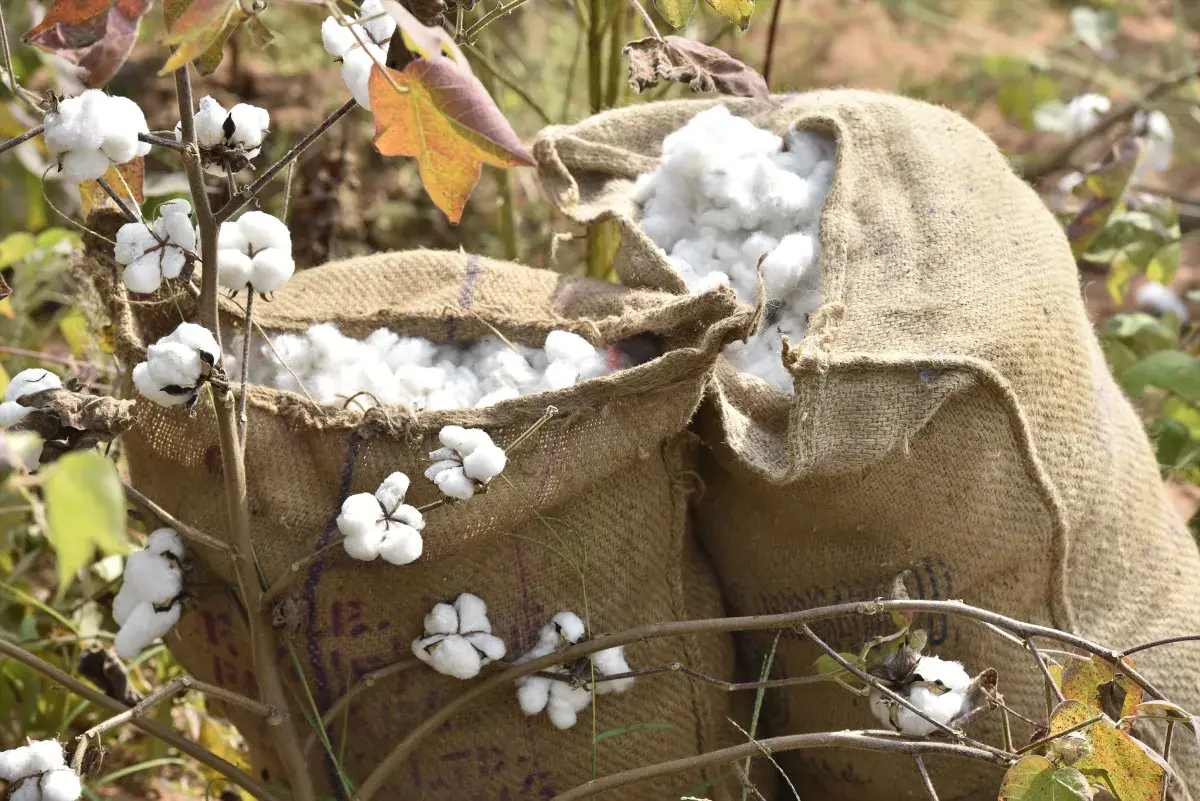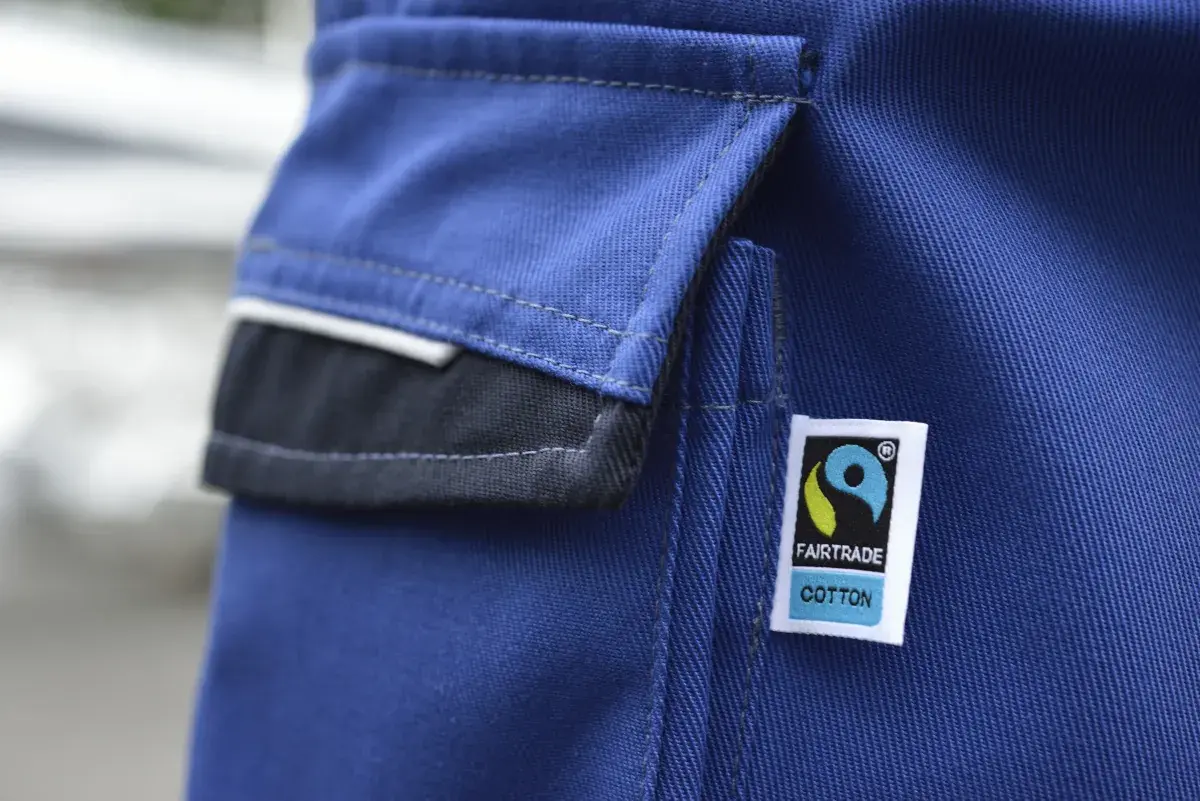For us, sustainability is all about reconciling social, ecological and economic aspects. Through our actions, we want to help our customers and partners to achieve their sustainability goals. We have anchored this understanding firmly in the clothing concepts for our customers so that these values are also represented responsibly.
We assume responsibility, not only for our economic dealings, but also for the people and the environment involved. At our locations in particular, we are implementing measures which boost environmental protection and raise awareness for a sustainable approach. Together with our customers and suppliers, we want to continue along this path, making continuous improvements as we go.
Wear2Wear: Working together for a sustainable textile loop
CWS has been a member of the industry partnership for sustainable clothing, Wear2Wear, since the end of 2019, and thus so too has Corporate Fashion. This in an innovative partnership between companies that have committed to running their businesses in a sustainable and environmentally-friendly manner.
Each partner makes an individual contribution to the closed textile loop. The result: high-quality, responsibly produced clothing. New functional textiles are produced from old textiles from Europe. There is no waste; the textiles can still be used to produce new, upcycled garments. Other partners include, for example, the fabric manufacturer SympaTex, yarn manufacturer Carl Weiske and textile manufacturer Schoeller Textil.
We are working day in, day out to achieve the further goals of the wear2wear™ textile loop. We have already succeeded in further developing chemical recycling and can now separate CO/PES mixed fibres in order to recycle more textiles.
CWS is also an official cooperation partner in the areas of “production”, “supply of clothing” and “cleaning/reprocessing of workwear”, plus there are further new cooperation partners in the areas of “collection, separation and sorting of clothing”.
More information on the wear2wear™ textile loop can be found at www.wear2wear.org.
Social standards along the supply chain
The health and safety of all involved is a valuable asset which needs to be protected in accordance with the same standards across international borders. For us, it is thus an obligation which goes without saying that we also take measures to ensure the well-being of everyone involved in the value creation process in both upstream and downstream processes – and that we demand strict compliance with social standards from our partners too. Among other sources, we draw on the principles of the Business Social Compliance Initiative (BSCI) and the code of conduct of this internationally recognised industry initiative for guidance in this mission. The BSCI’s ten fundamental principles stipulate:
- Freedom of association and the right to collective bargaining
- Prohibition of discrimination
- Protection of the environment
- Occupational health and safety
- Fair remuneration
- Decent working hours
- No child labour
- No bonded labour
- No precarious employment
- Ethical business behaviour
Fairness in the supply chain from the word go
Cotton is popular – breathable, tear-resistant and comfortable to wear, it is the perfect raw material for workwear. But as good as the textile fibre is for people, it is bad news for the environment when produced in the conventional manner. Its susceptibility to pests means high levels insecticides and pesticides are required. This is our motivation for focusing more on Fairtrade cotton. But it’s not just the wearers of our comfortable and skin-friendly collections and the environment who benefit from this: the partnership also gives the farmers financial security thanks to the above-average purchase price, plus a premium for the smallholder communities.
This money is used for local projects to invest in infrastructure, the social sector or education, with the decision as to how to use the money always being taken democratically. Women are always involved in the decision-making process. The independent certification organisation FLO-CERT monitors compliance with these standards. The workers in the downstream production steps must also be employed in accordance with the core labour standards of the International Labour Organisation (ILO), which include the prohibition of forced and child labour. We will continue to promote the use of Fairtrade-certified clothing in the future too. After all, this not only improves the sustainability balance, but also demonstrates our sense of responsibility with the Fairtrade logo on the clothing.




![Corporate Fashion: Business Social Compliance Initiative [BSCI] Corporate Fashion: Business Social Compliance Initiative [BSCI]](/sites/default/files/styles/teaser_image_600_x_600_/public/2020-03/bsci_partner.jpg.webp?itok=rnCc-61L)